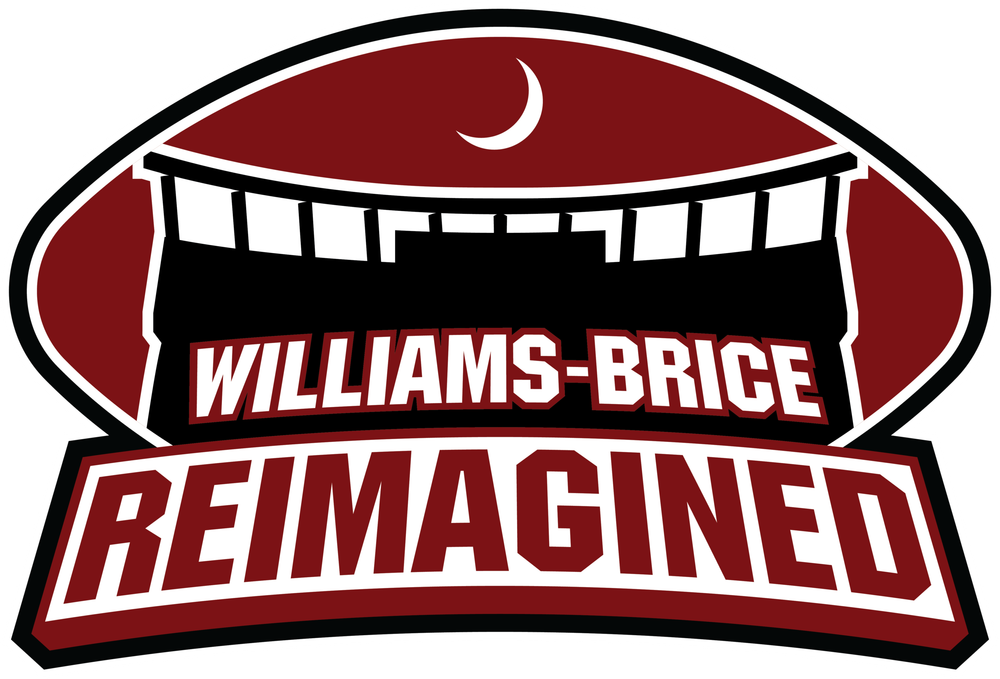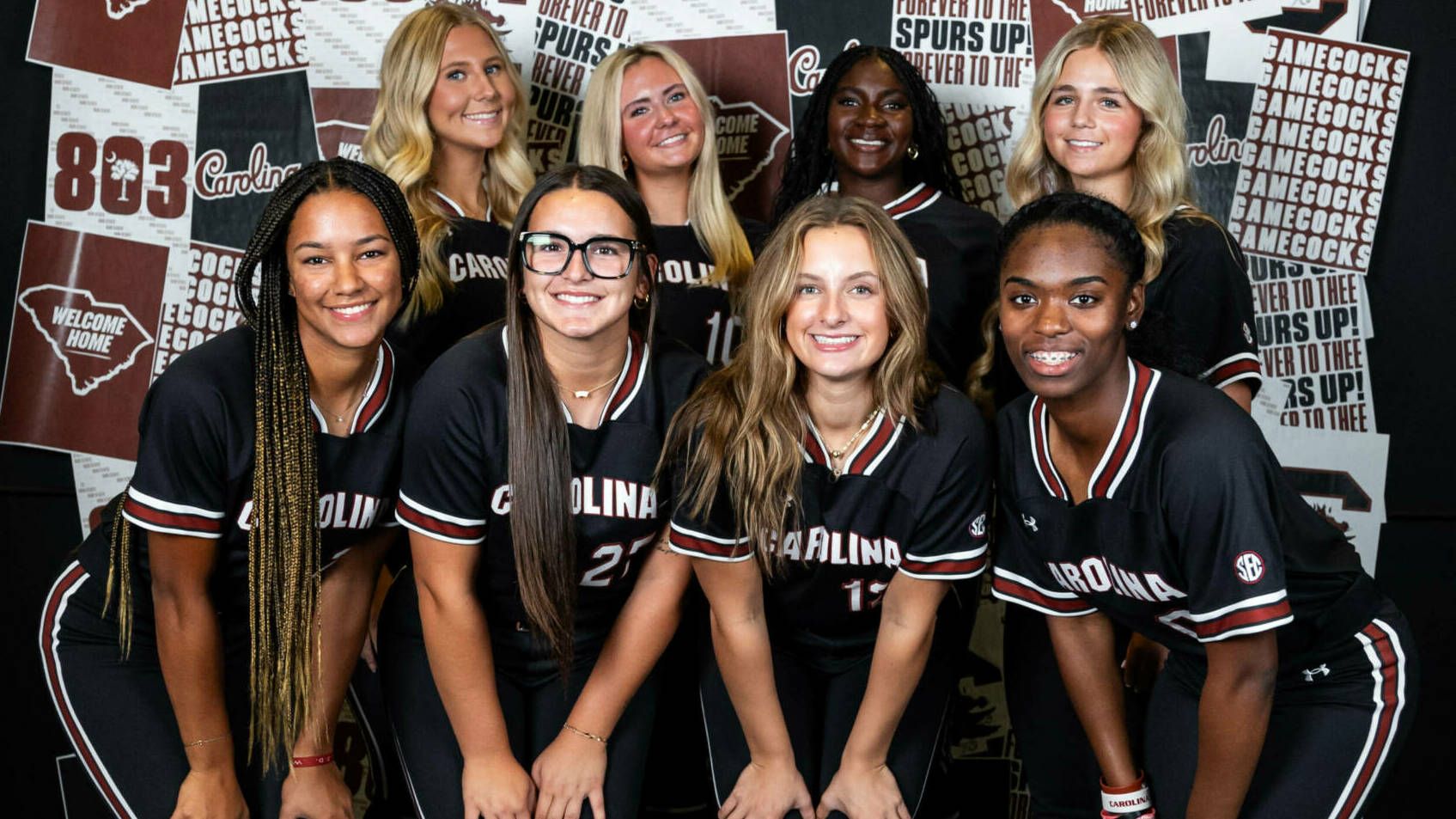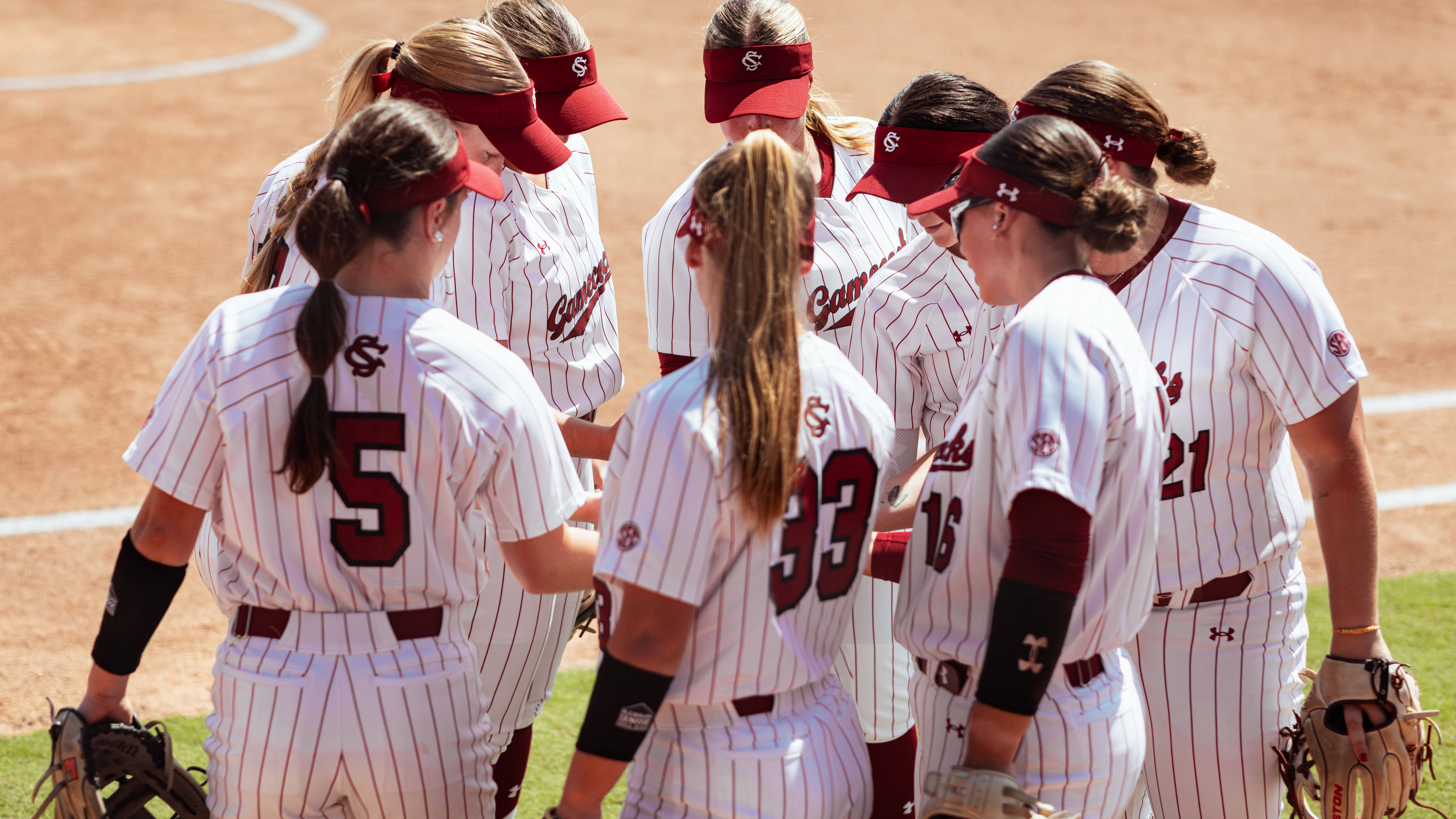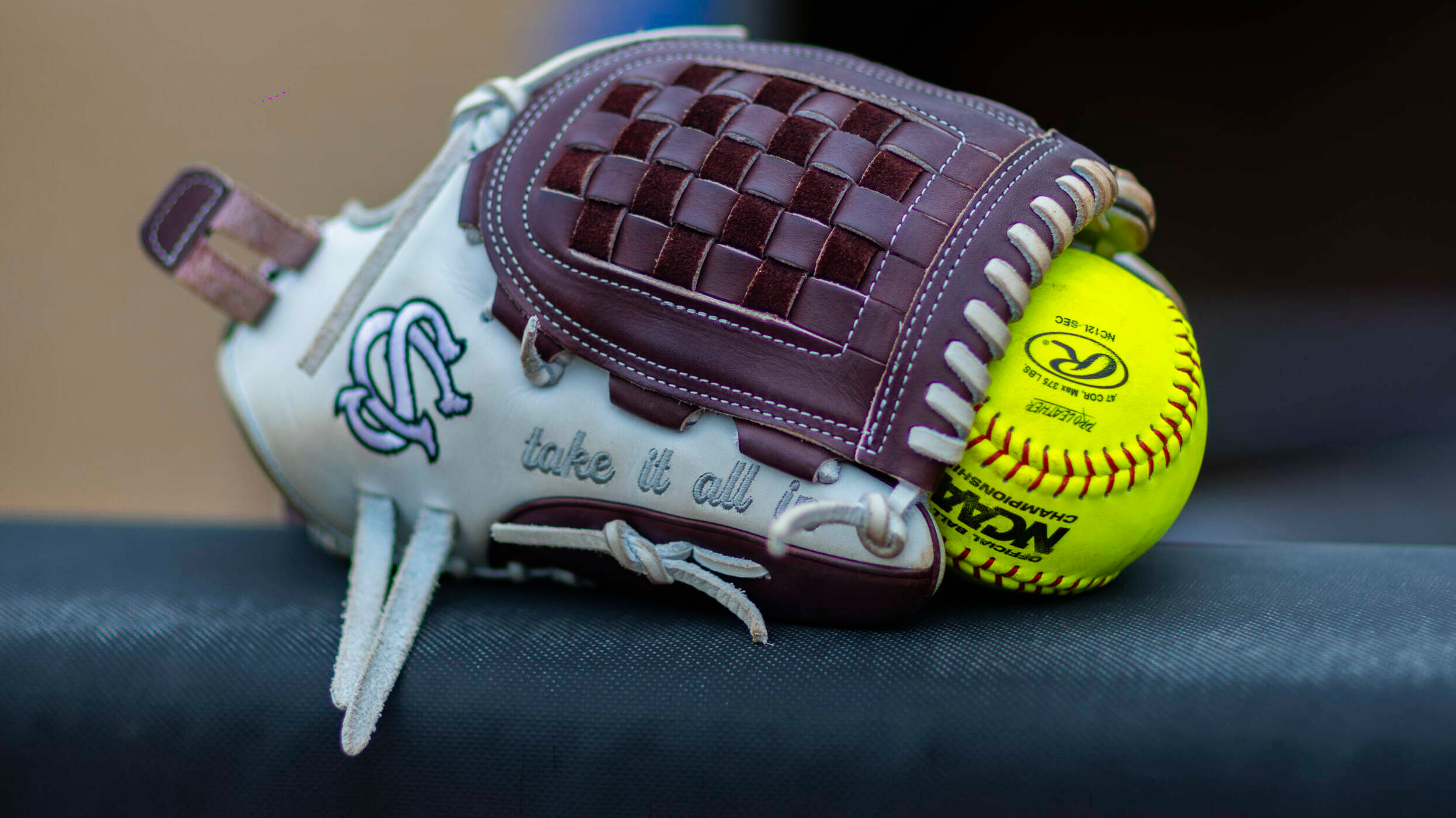Sept. 20, 2016

Sondra Hall has had more than her share of tragedy in the last three months. Hall, who played softball at South Carolina from 1997-2000, is a police officer in Baton Rouge, La. Three of her colleagues were ambushed in the July slayings there. One month later, she lost her home and most of her belongings in the historic floods that hit the area. She has persevered, and fellow Gamecock softball alumni Tina Plew Whitlock (pictured right with Hall) and Shirley Burton started a GoFundMe page with the hopes of helping her find light at the end of the tunnel.

“It’s amazing,” Hall said. “The support is second to none. Nobody wants to ask others for money or help, but being a part of the Gamecock family, I wouldn’t have expected anything less from my teammates and from my university. They never fail. That’s just how we all are. It shows how solid of a support system we have that goes beyond athletics and beyond the years you were there. People I don’t even know have been donating. I don’t even know how to thank everybody. I want to write an open letter to say that this means the world to me.”
“I know what loss is,” said Whitlock, whose husband passed away unexpectedly several years ago. “You always need someone to help you get through it when something tragic happens. I know when I went through my loss, my Gamecock family was there. They were tremendous. I just wanted to make sure that her community of Gamecocks were here for her even though we might be in other states.”
More than 70 individuals have already donated, raising approximately $5,000, but they’ve set their goals much higher.
“We want to think big with this,” Whitlock said. “Sondra has been like a sister to me ever since we played together. I think the lowest estimate she got on what it will cost to fix her home was around $70,000. Never underestimate the power of someone to give and be generous.”
Giving is what led Hall to police work. She has been on the job as a police officer for a year after spending much of her post-college life as a college and high school coach, which included stints at Wichita State University and the University of Florida.
“Whether it was coaching or working on the police force, it’s always been about being able to interact with other people and helping people,” Hall said. “That’s just my personality.”
Her “rookie” year on the police force hasn’t exactly been a smooth baptism into law enforcement. The July 17 shootings left three law enforcement officers dead and several others wounded. One of those killed, Officer Matthew Gerald, was a classmate of Hall’s at the Police Academy.
“We were pretty good friends,” Hall said. “I was on ‘dog’ shift the night before, so I got off at 6 a.m. We were working 12 hour shifts, with no days off since the protests had begun. So I had to come back in.
“It’s been pretty hard. It’s kind of like you are in a daze because you haven’t had time to process anything with everything that’s been going on. We had the protests, then the shootings, and now here we are with the floods. We haven’t had any time to heal on any level.”
We’re out patrolling, and some areas are like ghost towns. It’s hard. At the end of the day you have a job to do, so you have to go do it.
Sondra Hall
Prolonged rainfall in August in southern Louisiana resulted in catastrophic flooding that submerged thousands of homes and businesses. Hall lost her home, her car, her squad car and many of her possessions.
“We’re in a subdivision that’s not supposed to flood because we’re 15 feet above base flood level,” Hall said. “We’re not required to have flood insurance because we’re so high up. So we don’t have it, and now we’re sitting here trying to figure out what we’re going to do. My entire home had between two and half to three feet of water in it. Nothing survived. The only things that made it were some clothes and some personal items.”

Some personal items, such as photo albums were ruined as well.
“We knew a storm was coming in, but we didn’t know there would be such flooding,” Hall said. “There was normal flooding on some of the lower streets, which wasn’t anything new to us when we get a lot of rain.”
A couple of days later evacuations began.
“We saw water coming up our driveway,” Hall said. “It just kept coming. The streets were completely flooded, and then we saw boats coming into the subdivision. So we were boated out. The water was at our doorstep when we got on the boat. When we got to the main part of the subdivision, the water there was up to the rooftops. It was crazy.”
With many roads and even the interstates shutdown, Hall stayed at a friend’s house initially until they had to be evacuated from there. As the water subsided a few days later, she had to find an apartment while salvaging the ruins of her home.
“It was pretty devastating,” Hall said of her return. “That’s your home. You feel violated in a way. There was muck everywhere and the sewers backed up. You see heavy furniture shifted from one place to another because there was so much water that it floated the furniture over. It was heartbreaking.”
When her fellow Gamecocks reached out to her to help, Hall was overwhelmed with gratitude.
“The support has been awesome,” Hall said. “We didn’t have flood insurance because we weren’t required to. I know a lot of people don’t know what to do because we’ve been told the potential maximum we could get from FEMA is around $33,000. That’s not even going to touch what I know a lot of people lost. We’re going to try to do as much by ourselves as we can, but the support from the team, alumni, and the Gamecock family in general has been awesome.”
Hall doesn’t know when she’ll be back in her home. In the meantime, she has gone back to work at the police department where she can pay it forward wherever she can.
“Ninety percent of the homes and businesses here in Denham Springs were underwater,” Hall said. “We’re out patrolling, and some areas are like ghost towns. It’s hard. At the end of the day you have a job to do, so you have to go do it.
“When I’m not working, I’ve been volunteering at an animal shelter because so many animals have been displaced as well. I feel bad for the owners that can’t take them to shelters with them. People are living on cots out of a huge expo-center.”
Despite her misfortune, Hall has no regrets about her move to Louisiana and her new career path.
“I wouldn’t change a thing,” Hall said. “There is a ton of good you can do out there. I was recently transferred to the evening shift, so now I work from 2 p.m. until midnight. Things are looking up.”












